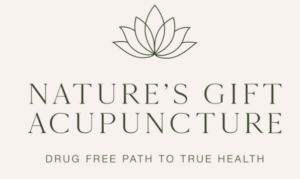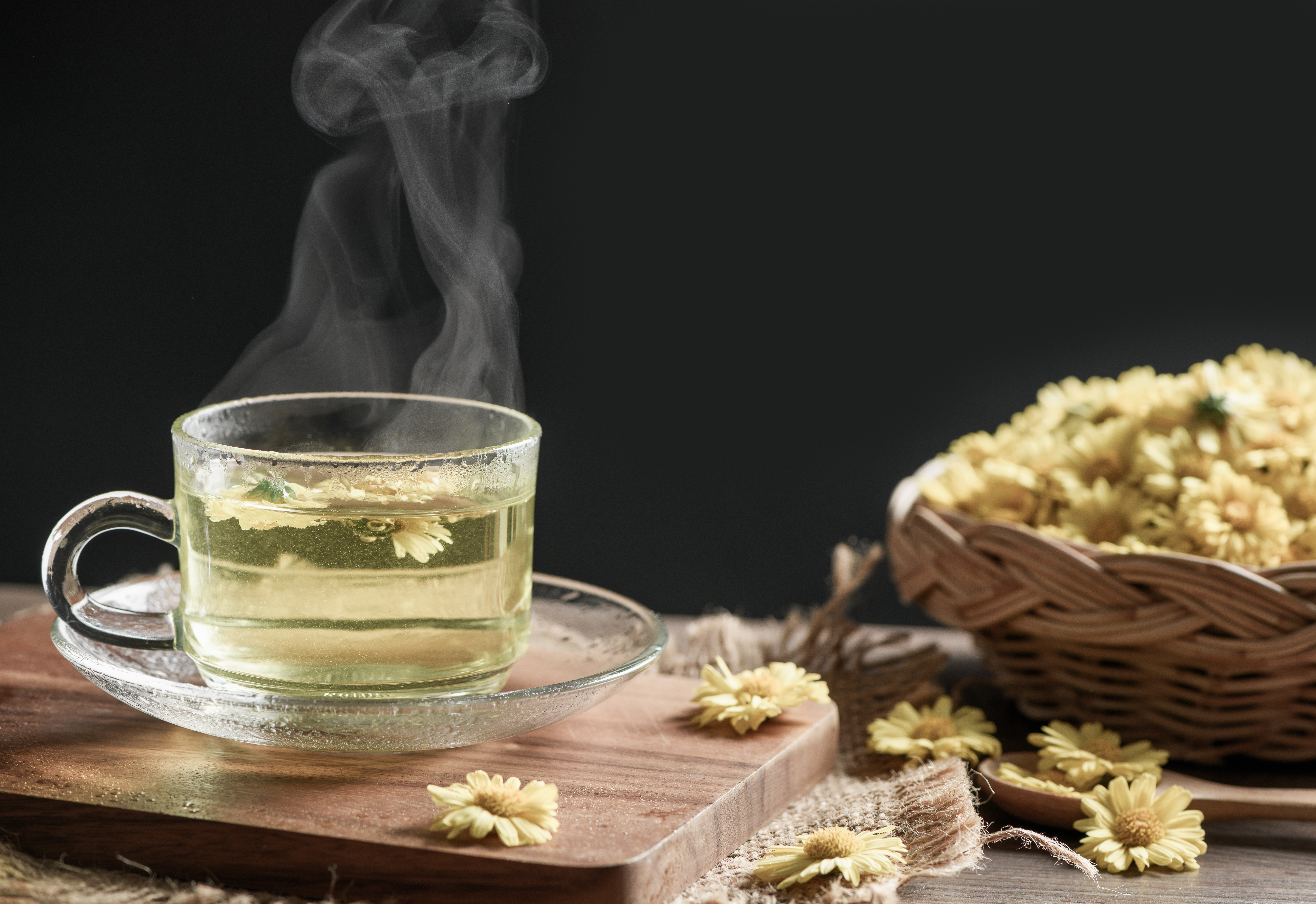How TCM Rocks the Boat Differently in China vs. the US
Traditional Chinese Medicine (TCM) is often perceived differently depending on where you are in the world. In the US, it is frequently seen as an alternative or complementary health choice. However, in China, TCM’s homeland, it occupies a primary and esteemed position in healthcare. Let’s explore these contrasting views.
1. TCM: A Mainstream Medical Choice in China
In China, TCM isn’t merely an ‘alternative’—it stands as a powerful counterpart to the conventional healthcare system. Many patients consult both TCM practitioners and conventional doctors concurrently, emphasizing a preventative approach. The goal is often to minimize or eliminate the need for medications, with TCM acting as a bridge to potentially transition away from aggressive treatments.
2. Convergence of Conventional Medicine and TCM Training
In China’s medical education, there’s a significant integration of TCM training for conventional medicine doctors. This foundational knowledge equips them to collaborate more effectively with TCM specialists in hospitals. Furthermore, it’s standard for patients to be advised on taking Chinese herbs to facilitate recovery post-surgery or in preparation for procedures like IVF. For many, TCM treatments are the first choice to ensure recuperation and improve overall well-being, often helping to avoid or reduce medications.
3. Emphasis on Chinese Herbal Medicine
Herbal medicine, a cornerstone of TCM, is deeply ingrained in China’s medical infrastructure. Almost every hospital boasts an herbal pharmacy. Beyond just dispensing dried herbs, many hospitals prepare tailored decoctions for patients, optimizing therapeutic outcomes.
4. Regularity of Acupuncture Treatments
5. Cultural Differences in Perceiving Acupuncture
The Chinese public is generally more accepting and understanding of the discomfort that may be associated with certain acupuncture points for specific conditions. In contrast, there’s a prevalent belief in the US that acupuncture should be almost entirely painless, with minimal or no sensation during treatment.
6. Acupuncture in Hospital In-Patient Units
Beyond specialized clinics, acupuncture is a staple in in-patient units, especially for post-stroke or brain damage recovery. Its role in enhancing joint mobility is akin to physical therapy in Western contexts.
7. TCM-Informed Nutrition in Daily Life
TCM’s dietary principles aren’t limited to medical settings; they permeate the daily lives of the Chinese public. Individuals often align their diets with TCM principles, selecting foods that nourish specific organs or maintain energetic balances.
While TCM garners increasing interest in the US as a complementary healthcare option, in China, it remains deeply integrated into mainstream medicine and daily life. Moreover, in China, there’s a more intricate blending of TCM and conventional medicine, where both systems are embraced for a comprehensive healthcare strategy. It’s not just a medical practice but a philosophy, a way of living, and a tradition that continues to flourish.

But why just read about it when you can experience the benefits of TCM firsthand? Whether you’re curious about integrating TCM into your healthcare routine or seeking a holistic approach to well-being, there’s no better time to start. Book an appointment with me today and embark on a transformative journey towards balanced health and vitality. Embrace the comprehensive healthcare strategy that has stood the test of time. Your body and mind will thank you for it! Contact us!
Book Now
August 17, 2023
